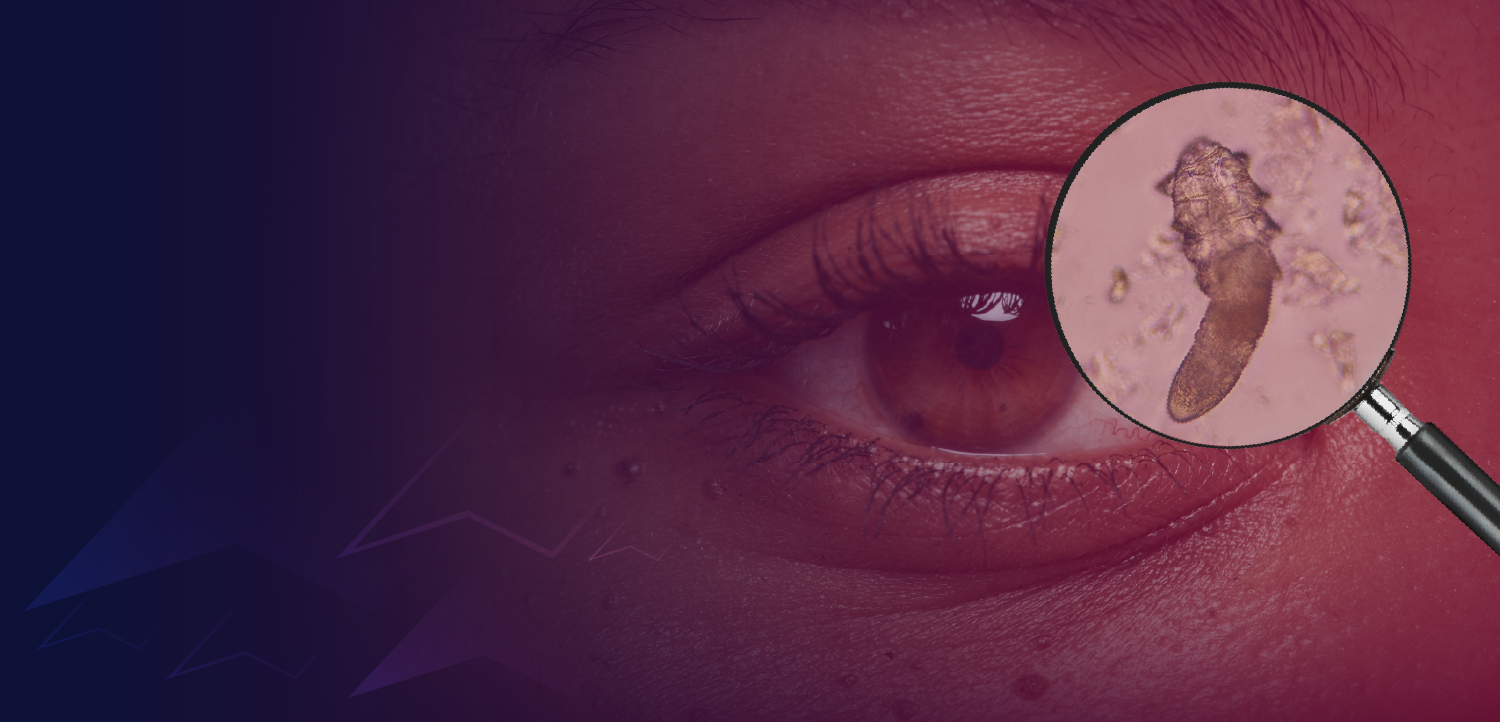
Data patterns are predictors of glaucoma medication use
Research investigating the epidemiology of IOP-lowering medication use in the U.S. population will hopefully suggest targets for efforts designed to improve medication access and patient care, one expert says.
Boston-Research investigating the epidemiology of IOP-lowering medication use in the U.S. population will hopefully suggest targets for efforts designed to improve medication access and patient care, said Mark Swanson, OD, MSPH, at the annual meeting of the American Academy of Optometry.
The study analyzed pooled data from two capture periods (2005-2006 and 2007- 2008) of the National Health and Nutrition Examination Survey (NHANES). The database was searched for ophthalmic drugs used for IOP-lowering. Estimates of distribution were calculated for glaucoma drug usage and medication type across various sociodemographic subgroups, and multivariate regression analyses were conducted to identify associations between sociodemographic variables and glaucoma medication use.
NHANES study data
Based on the NHANES methodology, its database is considered a good resource for estimating usage of IOP-lowering medications in the population and sociodemographic variables associated with its use. However, Dr. Swanson acknowledged there are some limitations.
Results of the multivariate model showed the likelihood of glaucoma medication use increased with increasing age and was significantly greater among African-Americans compared with whites, while individuals at the near poverty level were significantly less likely to be using medications for IOP-lowering compared with a reference group in the highest income category, reported Dr. Swanson, associate professor of optometry, and chief, ocular disease service, School of Optometry, University of Alabama at Birmingham.
Newsletter
Want more insights like this? Subscribe to Optometry Times and get clinical pearls and practice tips delivered straight to your inbox.


















































.png)


